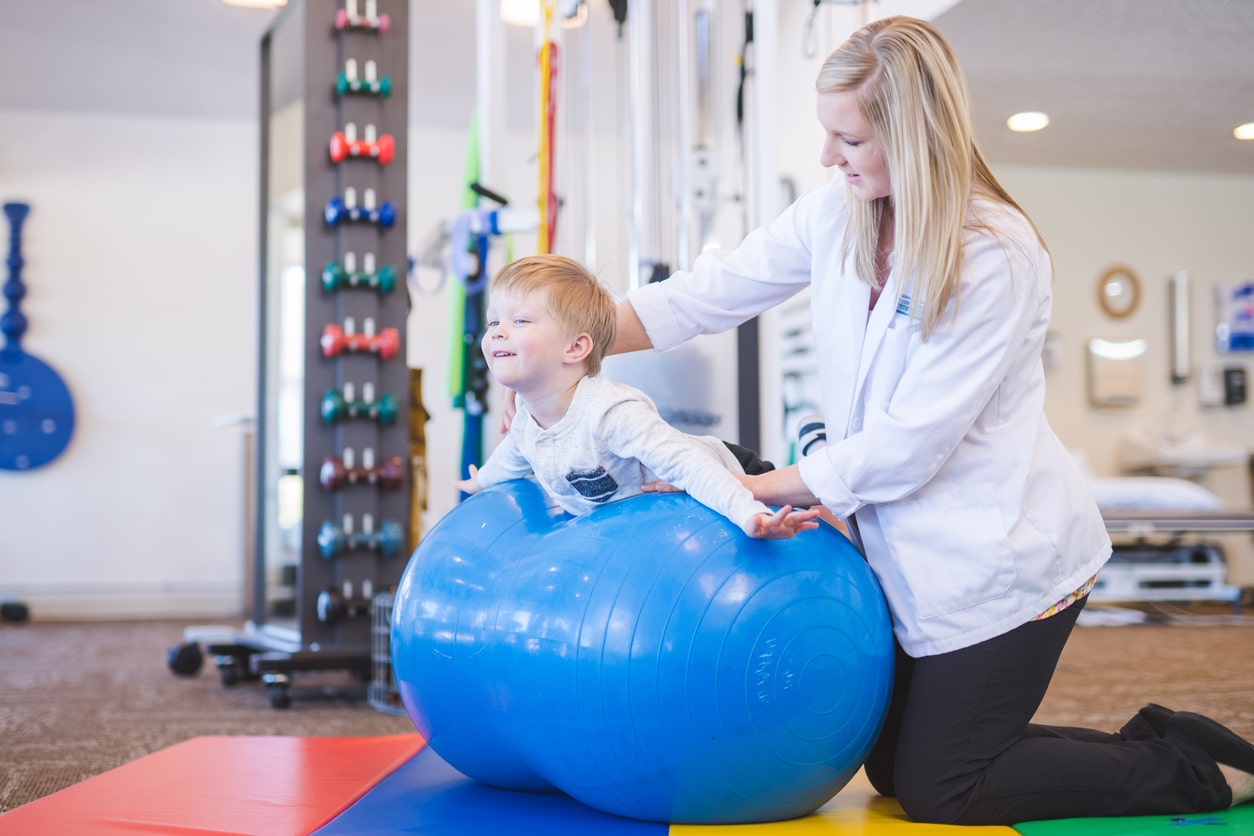Balance and stability are essential elements of bodily fitness and general well-being. They play a vital part in daily tasks, athletic capability, and injury avoidance. When an individual has strong balance and steadiness, they are not as prone to trip or incur injuries during bodily exercises. One efficient way to evaluate these attributes is through Functional Motion Assessment (FMS). FMS is a tool used to evaluate movement styles and identify imbalances or weaknesses that could result to harm.
Functional Motion Assessment involves a sequence of particular tests that assess how effectively a person functions. The tests concentrate on fundamental movements such as squatting, lunging, and flexing. By watching these actions, trainers and healthcare professionals can determine areas where an person may struggle. For instance, if someone has difficulty maintaining balance while executing a squatting, it may indicate a need for specific workouts to enhance power and coordination. This assessment not only detects weaknesses but also helps to track progress over time.

In addition to this to identifying areas for improvement, FMS plays a vital role in avoiding harm. Many damages occur as a consequence of inadequate motion mechanics, Discover More which can be identified through practical evaluations. By tackling these problems early on, individuals can reduce their risk of injury during sports or other bodily exercises. For instance, a runner who demonstrates an imbalance in their gait may be more prone to knee harm. By adjusting these discrepancies through targeted training programs, the likelihood of injury can be significantly decreased.
Additionally, improving capability is another advantage of conducting a comprehensive assessment of balance and steadiness. Sportspeople and engaged persons often seek to improve their capability in specific sports or tasks. A comprehensive understanding of their motion styles allows coaches to develop personalized training programs that focus on specific weaknesses. you could look here By enhancing equilibrium and stability, athletes can improve their total capability, whether it’s running faster, jumping taller, or performing precise actions in their activity.
In summary, the significance of assessing balance and steadiness through Practical Motion Screening cannot be overstated. This thorough evaluation serves as a foundation for enhancing bodily fitness, avoiding harm, and improving athletic performance. By recognizing areas of deficiency and implementing targeted training approaches, people can achieve better outcomes in their bodily exercises. Emphasizing balance and steadiness not only results to improved performance but also adds to a more wholesome, more active lifestyle.